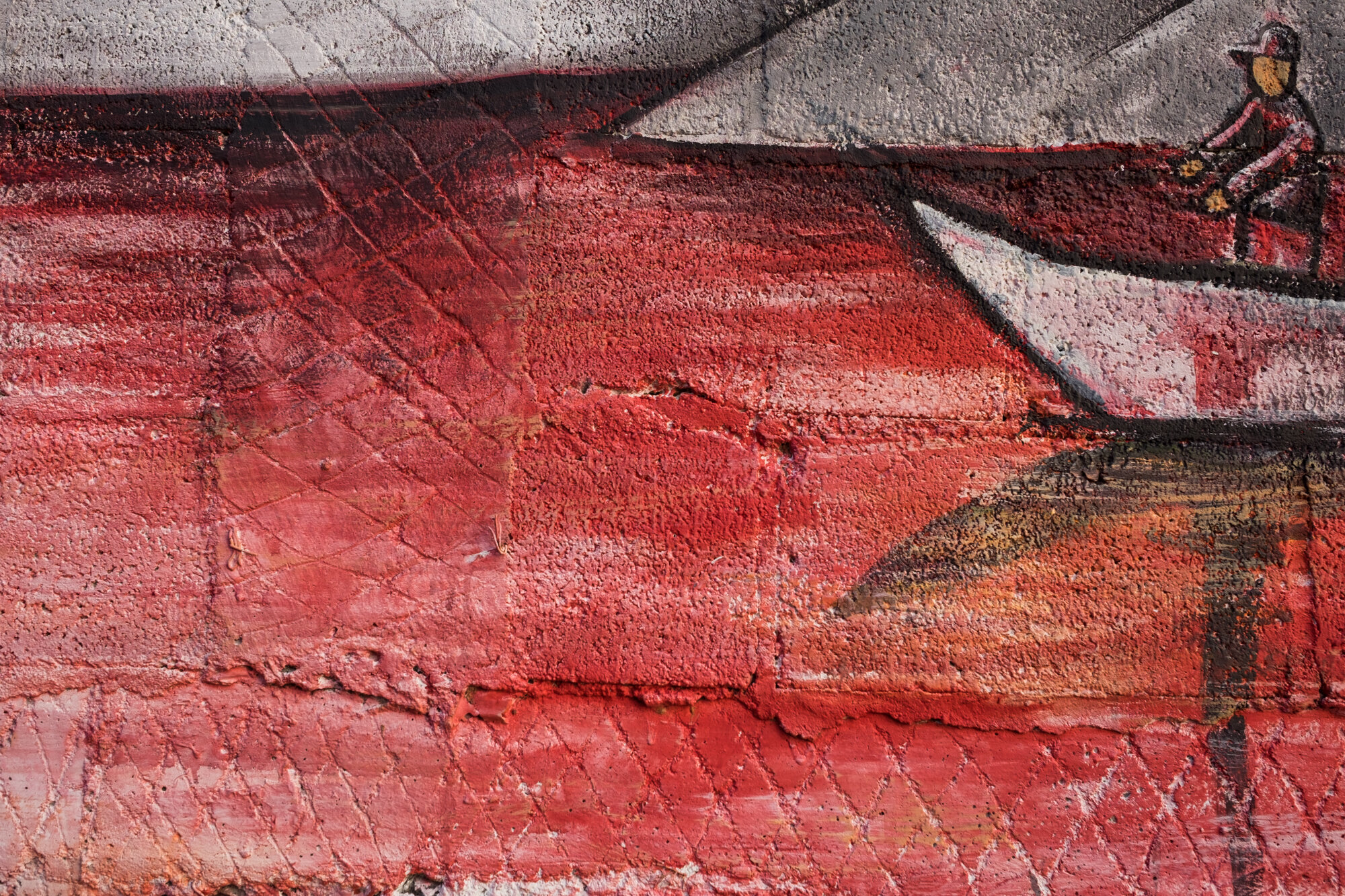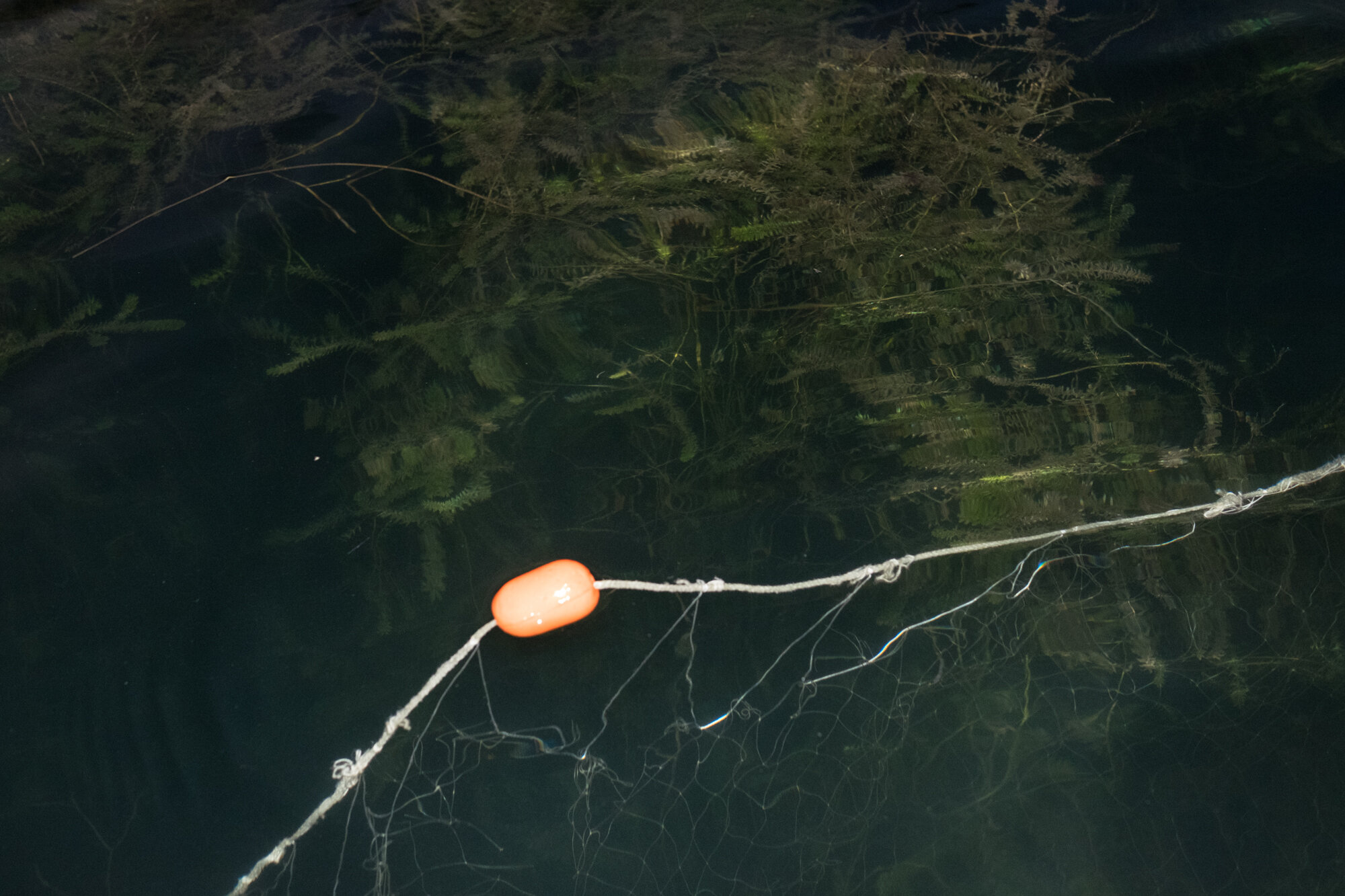/poc/
Poc is the name by which the Atitlán grebe (Podilymbus gigas), an aquatic bird endemic to the lake of the same name in Guatemala, was known. The Poc duck – whose name possibly derived from the sound of the bird diving into the water to hunt for small crustaceans – was declared extinct in the late 1980s.
Poc’s decline began in 1958 with the introduction of non-native fish species into the lake in order to increase fishing tourism in the region. The result was disastrous: the black bass, one of the introduced exotic species, ate through nearly the entire food chain, including Poc ducklings. The decrease of tulars, aquatic plants that served as a refuge and nesting site, also contributed to the extinction of the duck.
Located on Guatemala's western highlands and surrounded by three volcanoes, Lake Atitlán, was described by German explorer and naturalist Alexander von Humboldt as “the most beautiful lake in the world”. The culture of the villages surrounding the lake is influenced by the Maya people. The region has become one of Guatemala's biggest tourist destinations.
From this environmental accident, /poc/ seeks to reflect on the results of human actions, and on the interaction – sometimes healthy, sometimes not – between the original Maya world, the Spanish colonization of the past and the tourism flux of the present. I sought to represent these concepts and encounters through symbolic elements that I found in the villages around the lake.
Besides mimetizing the sound of the duck diving, /poc/ could be the onomatopoeia for a rock falling into tranquil waters, the circular waves spreading smoothly as do the consequences of human acts. /poc/ is the sound of something that interrupts a pattern of silence and calm.
/poc/ was developed at 20Fotógrafos-Atitlán

















